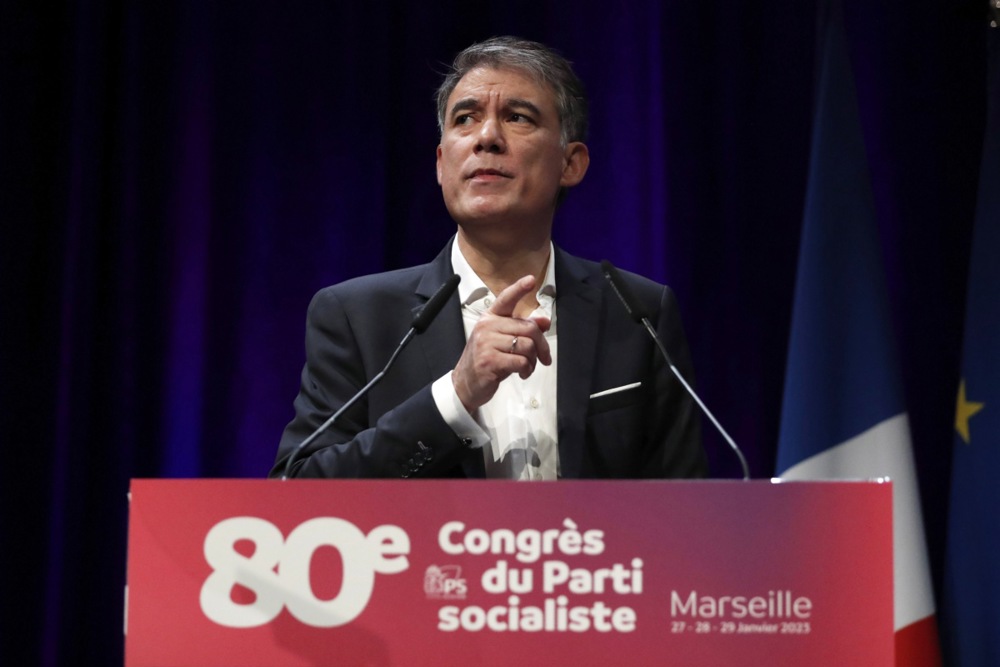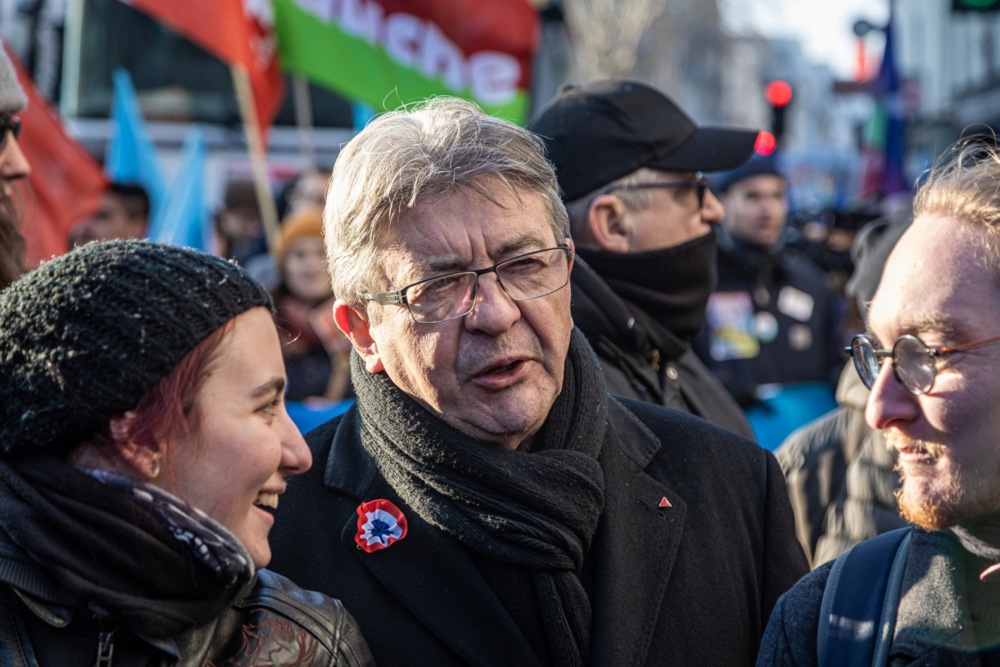The European Council has reached agreement on a proposal to amend the European Union’s electricity landscape that includes French nuclear power, despite the industry having initially been left out.
With the introduction of long-term contracts that enable EU nations to protect themselves from market price volatility, the agreement also encourages states to adopt carbon-free power and generators and to invest in additional low-carbon capacity.
The agreed new rules are also designed to safeguard consumers from rocketing energy bills.
There was disagreement between France and Germany regarding nuclear energy but, in the end, the French prevailed.
As part of the deal, electricity prices will be disconnected from those of gas, which are expected to cause prices to fall.
The connection between gas and electricity prices was a relic of a decision two decades ago, when the electricity market was deregulated. It caused gas, which is more expensive, to have a determining role in the pricing of both.
That move was designed to provide a single price for electricity in the single market as, at the time, it was deemed differing prices would prove confusing.
Due to the upward pressure on prices, the resulting situation faced significant criticism. Now it has been ditched.
? Today the @EUCouncil reached an agreement on the reform of the electricity market design.
The aim of the reform is to make electricity prices less dependent on volatile fossil fuel prices and shield consumers from price spikes.
Find out more here ?https://t.co/kIJmotXd0o
— EU Council Press (@EUCouncilPress) October 17, 2023
“I am proud to say that today we have taken a strategic step forward for the future of the EU. We have achieved an agreement that would have seen unimaginable only a couple of years ago,” said Teresa Ribera Rodríguez, Spanish Minister for the Ecological Transition of Spain.
“Thanks to this agreement, consumers across the EU will be able to benefit from much more stable prices of energy, less dependency on the price of fossil fuels and better protection from future crises,” she said.
“We will also accelerate the deployment of renewables, a cheaper and cleaner source of energy for our citizens.”
According to the Council, the reforms aim to make electricity prices less dependent on volatile fossil fuel costs, shield consumers from price spikes, accelerate the deployment of renewable energies and improve consumer protection.
It intends to stabilise long-term electricity markets by expanding the market for Power Purchase Agreements (PPAs), introducing two-way Contracts for Differences (CfDs) and strengthening forward-market liquidity.
Under the new deal, long-term contracts are provided to offset the impact of gas-price fluctuation. States will reward generators if electricity costs fall below a specific threshold. If prices exceed the range, the electricity generator will pay the additional revenue to the states concerned.
Countries could redistribute said profits to consumers. The changes are also intended to reflect the real prices of generating electricity and offer clarity regarding big investments into the energy transition programme.
Price increases, such as those experienced at the start of the war in Ukraine, should not be reflected in consumers’ bills anymore, except when it is, in effect, based on gas.
France succeeded in getting nuclear energy included in the agreement, against German wishes. The French energy minister Agnès Pannier-Runacher declared her country the big winner of the deal.
The text also provides more predictability for investors by requiring contracts be made with a state-guaranteed price.
Up until this point, Berlin had been unwilling to allow the use of CfDs for nuclear power. The German Government considered French nuclear power, which is far cheaper, provided an unfair advantage. Germany has terminated its use of nuclear power to generate electricity.
In the end, Berlin capitulated to France, after a hard-fought argument, by relying on Brussels to closely monitor the system.
The agreement will serve as a starting point for negotiations with the European Parliament on the final form of the law. The outcome of the negotiations must be formally approved by the Council and the Parliament.





